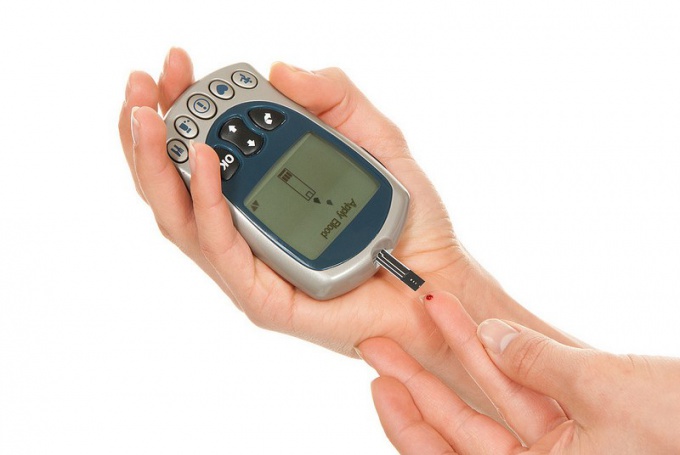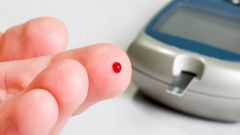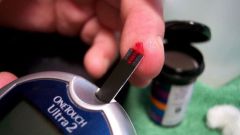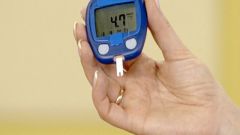Instruction
1
Blood sugar should certainly first thing in the morning after the last meal should take at least 8 hours. If hunger unbearable, drink plain water without additives, dyes and preservatives. Eating, activity, stress, migrated in the recent past diseases and taking numerous medications distort the results of the study, causing physiologically reasonable increase of sugar level in the blood.
2
Go to a biochemical laboratory in accordance with the given direction of a pediatrician or test at home using glucometer. Blood sampling for the study is carried out from the finger. Puncture a scarifier or needle of the device is carried out in the pad and on the side. Do not conduct this procedure on the thumb or the index fingers.
3
Compare the results in mmol/l with existing physiological norm:
• for babies of 2.78 to 4.4;
• for children aged 2 to 6 years 3,3-5,0;
• for students 3,3-5,5;
• for adults and 3.21-6,12.
• for babies of 2.78 to 4.4;
• for children aged 2 to 6 years 3,3-5,0;
• for students 3,3-5,5;
• for adults and 3.21-6,12.
4
Identified deviations are not a reason to panic, and the reason for conducting additional laboratory and diagnostic procedures under the supervision of a physician. High-level blood sugar can be triggered by individual immunity of the organism to increasing concentrations of glucose or natural physiological processes in the body – stress survey, for example.
5
In addition to the study may be assigned an oral test tolerance to glucose, which is carried out on an empty stomach and after ingestion of a concentrated solution of sugar every half hour. The results lay in the coordinate plane "concentration-time" and get a curve, the shape of which is judged on the presence or absence of abnormalities. If after two hours the figures came closer to the original value, the reason for concern.
6
Test for determination of glycated hemoglobin in the blood to exclude the influence of random factors on the level of sugar. This test shows the average level fluctuations of glucose over the past three months. The normal concentration of these molecules should not exceed 5.9% of the total concentration of hemoglobin. If your results differ, you must undergo a complete examination to identify the factors causing the violation of carbohydrate metabolism in the body.
Note
Risk factors for predisposition to diabetes children who have one or both of the parents suffer from the disease. Viral infection is the trigger for the start of pathological changes. An indirect sign of excessive concentration are thirst, increased amount of urine and reduced body weight.
Useful advice
Before the examination can not even brush teeth, as toothpaste contain sugar, which through the mucous membrane of the mouth gets into the bloodstream and affect the test results.



